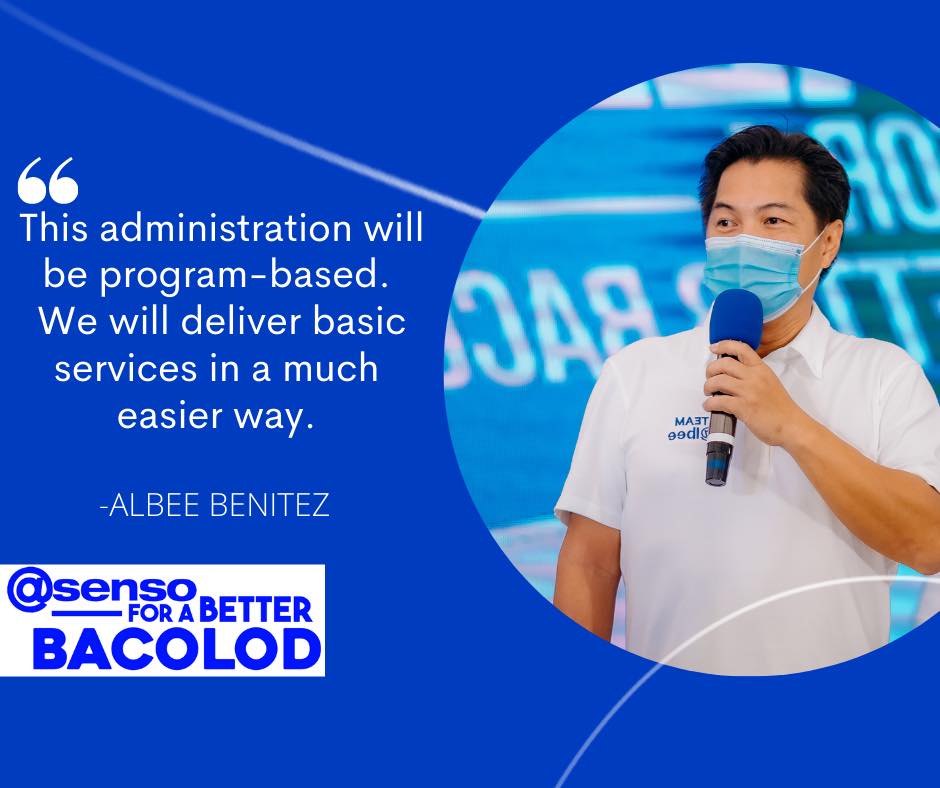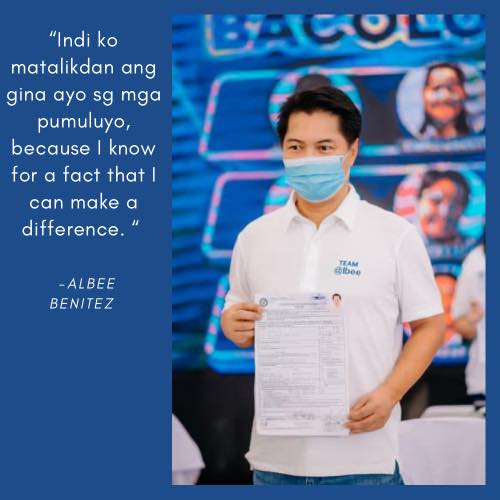On proposed Federalism: House consults ARMM, CAR on autonomy
29-June-2017, 09:25:19 AM
SOURCE: House of Representatives Press and Public Affairs Bureau

The House of Representatives committee on constitutional amendments on Wednesday held a consultation with the officials of the Autonomous Region in Muslim Mindanao (ARMM) and the Cordillera Autonomous Region (CAR) on their current situation, in view of proposals to shift to a federal system of government.
Rep. Roger Mercado (Lone District, Southern Leyte), committee chairman, said the committee wished to learn from the experiences of the autonomous regions, the problems they encounter and the challenges they face, in order to help guide the committee, as it acts on the proposal to amend the Constitution and shift from unitary form of government to federalism.
Mercado said the committee hopes to use the ARMM and the CAR as a benchmark for its discussions.
The ARMM officials present at the hearing expressed support for the federal form of government. Randolph Parcasio, consultant to the ARMM Regional Governor, said at the outset that the ARMM is an implementation of the peace strategy of the national government to empower the Bangsamoro people. He explained that the existing ARMM is an execution of the 1996 peace agreement, which resulted in the expansion of the area from four provinces to its present territorial jurisdiction of five provinces, which includes Marawi City.
Parcasio pointed out that the failure to devolve the powers of the line agencies of the national government to the ARMM is hampering the delivery of basic services, a problem that has not been properly addressed up to the present. He said that the agencies delegated to the ARMM must have the appropriate power, authority, functions, and budget to carry out peace and development programs and projects for the ARMM.
He cited the absence in the ARMM of various government agencies which are vital in addressing the important concerns of the Moro people, namely, the Government Service Insurance System (GSIS), Social Security System (SSS), Philippine Overseas Employment Administration (POEA), National Anti-Poverty Commission (NAPC), National Irrigation Administration (NIA), and the Department of Foreign Affairs (DFA).
Ishak Mastura, chairperson/managing head of the Board of Investments (BOI) of ARMM, said the ARMM is the country’s only practical experience in terms of regional government. According to him, the current structure of the ARMM could serve as a basis for study as Congress deliberates on moves towards federalism. He stressed that the Moro people want a unique system considering their history, culture, way of life, and grievances.
Mastura lamented that although there is an ARMM law, the national government still prevails in terms of implementation of the policies towards the ARMM.
Anwar Malang, Secretary of the Department of Trade and Industry (DTI) of ARMM, said the structural defect in the law that created the ARMM is that it does not provide fiscal autonomy. Malang said that ARMM officials have to come to Manila to defend their budget before the Senate and the House of Representatives.
According to Malang, the ARMM has no definite share in the national income and still depends on the Executive on the amount of budget to be allocated to the Region. He complained that the ARMM could not properly chart its direction as it remains dependent on funds from the national government.
On the Cordillera Autonomous Region (CAR), Baguio City Mayor Mauricio Domogan, Chairman of the CAR Regional Development Council, said the Cordilleras has not yet achieved its autonomy, and only has a special status that is preparatory to autonomy. He bewailed that the CAR has the lowest share in terms of Internal Revenue Allotment (IRA) among the regions of the entire country, with a mere 3.05 percent. He further said the budget of the line agencies existing in CAR is also the lowest, with only 3.08 percent.
Domogan, a former member of the House, likewise expressed support for federalism, but pointed out that there are many preliminary issues that should be tackled, such as which type of federal system to put in place. He thus proposed that a transitory government must first be established to prepare the local government units (LGUs) for the shift, as many LGUs may not yet be financially and administratively prepared.
Rep. Alfredo Benitez (3rd District, Negros Occidental) pointed out that most of the issues confronting the autonomous regions boil down to funding, or the fact that funds are not proportionate to the authority given to them. Benitez asked Domogan if the autonomous regions could sufficiently raise funds to fend for themselves if they were to be given fiscal autonomy, to which Domogan replied in the affirmative.
Benitez emphasized that under a federal system, the national government cedes some sovereign powers to the federal states, while under an autonomous set-up, there is no concession of sovereign powers from the national government.
Benitez expressed his support for CAR to be recognized as an autonomous region. “I fully support the idea of fiscal autonomy. Because once the authorities given to the local government for them to share or probably receive most of those revenues being given in their area, they will strive to increase their revenues coming from their natural resources, from their businesses, from their economies, if they are given a fair share,” said Benitez.
On the issue of funds or taxes, Rep. Eugene Michael de Vera (Party-list, ABS) pointed out that the big businesses register with the national office, such that they pay their taxes to where their head offices are located.
Rep. Romeo Acop (2nd District, Antipolo City) said it is unfair to say that the ARMM is an experiment, adding that justice must be given to those who worked hard to craft the ARMM law. Acop, a lawyer, cited a Supreme Court ruling in the case of Sumangkop vs Department of Public Works and Highways (DPWH) Secretary, and explained that the 1987 Constitution created two autonomous regions, the ARMM and the CAR, to allow the separate development of peoples with distinctive cultures and traditions.
Based on the SC decision, Acop said autonomy is more pressing among the Filipino Muslims and the Cordillera people, citing their political struggles highlight their unique culture and the unresponsiveness of the unitary system. Acop said the Muslim Mindanao and the Cordillera region have been neglected for a long time.
A native of Benguet, Acop expressed support for CAR’s endeavor for autonomy. “What is happening in CAR is unfair. The Cordilleras have been neglected for a long time,” said Acop.
Rep. Johnny Ty-Pimentel (2nd District, Surigao del Sur) said the consultation with the ARMM and CAR officials was held so that House members could gain a deeper understanding of the strengths and the flaws in the actual grant of autonomy to certain regions, before they zero in on the proposed constitutional shift to federalism. ABR/JMC
Related Stories:
@senso for A BETTER BACOLOD
Ang isa sa akon mga handom para sa Bacolod.


Ako ang kapitan sg sini nga barko. Indi ini magkadto sa wala ukon sa tuo, kundi derecho sa direksyon sang pagbag-o sang gobyerno para sa kaayuhan sang Bacolodnon.


